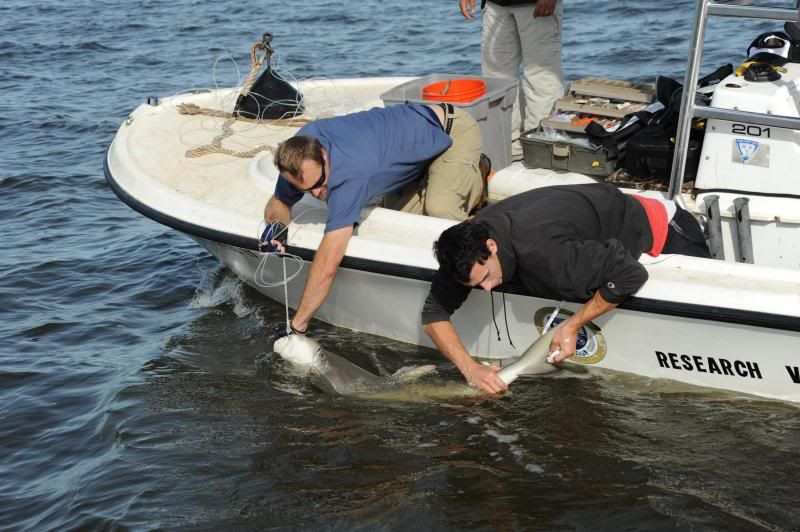
Synopsis: Populations are often assumed to be homogeneous, but research continues to elucidate the individual differences that exist in nature. Such individuality can have important implications for the functional roles species play within their respective ecosystems, and identifying intraspecific variability within populations is an important first step to understanding the potential effects individual differences have for both adaptability and evolution. In turn, investigating what shapes these differences and their persistence within populations is crucial for predicting how animals may respond to environmental changes and anthropogenic stressors. Our research in the Florida Everglades suggests that bull sharks, traditionally thought of as a highly adaptable generalist predator, display considerable individual differences in habitat use and trophic interactions. Such differences develop early in the life-history of bull sharks, and persist throughout their residencies in nursery habitats, where food-risk trade-offs and intraspecific competition appear to shape the roles of juvenile bull sharks in both top-down and bottom-up effects within coastal estuaries. With predicted changes in environmental conditions and human impacts, understanding the importance of phenotypic variability among species will be crucial for improving management strategies and predicting the responses of species to such changes.
I'm particularly excited about this talk because I know Philip from a long time ago. He was an undergraduate intern with my PhD advisor Dr. J. Emmett Duffy at the Virginia Institute of Marine Science. It's cool to see how successfully Phil has progressed in science over the last several years.
No comments:
Post a Comment